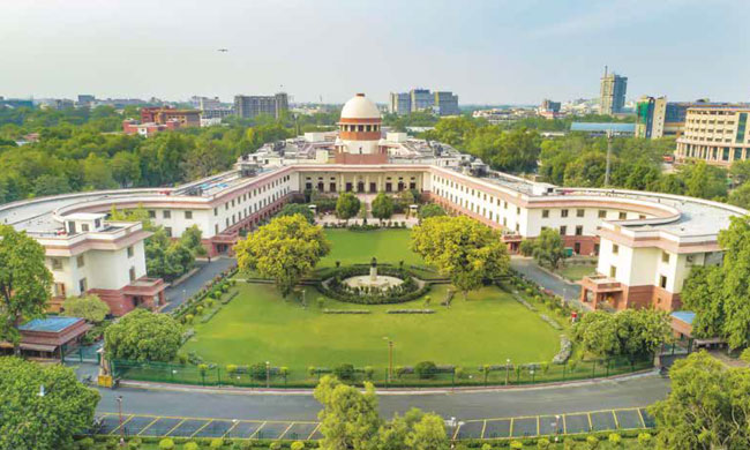SC Grants Protection From Coercive Steps To Person Adjudged "Foreigner" To File Review On Basis Of Centre's Notification Exempting Migrants Of Specified Communities From Foreigners Act
Mehal Jain
14 July 2021 8:46 AM IST

Next Story
14 July 2021 8:46 AM IST
